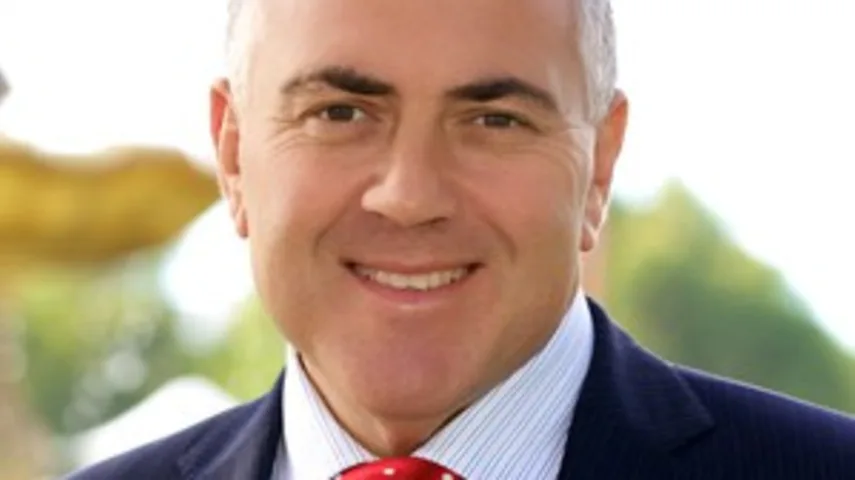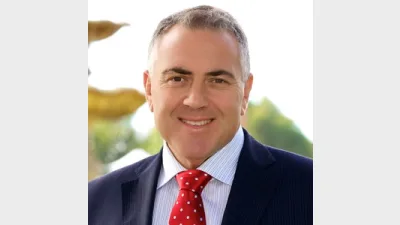Is a ‘Son of Wallis’ review of financial services looming?



A close reading of the nearly 100 submissions so far lodged with the Senate Committee investigating the operations of the Australian Securities and Investments Commission (ASIC) suggests the newly-elected Abbott Government will be right on the money if it initiates a “son of Wallis” Financial Systems Review process.
When the personal grievances and related emotion are removed from the submissions, it becomes obvious that many consumers/investors believe that the current system continues to fail them.
Further, there is nothing in the former government’s Future of Financial Advice (FOFA) legislation which seems likely to alter that perception.
Indeed, there is early evidence to suggest that the fee disclosure obligations imposed on advisers has simply generated paperwork and client confusion.
What becomes clear when reading the submissions to the Senate Committee is that while the underlying intention of the Australian Financial Services Reform Act and the FOFA legislation was to make the system more user-friendly for investors/consumers, the day-to-day reality has fallen well short of this objective.
Thus, any “son of Wallis” must not only examine the performance and interaction of the regulators such as ASIC and the Australian Prudential Regulation Authority, it must also examine the efficacy of external disputes resolution mechanisms such as the Financial Ombudsman Service and even the Superannuation Complaints Tribunal.
Few of those making submissions to the Senate inquiry had complimentary things to say about ASIC but, equally, even fewer had good things to say about the Financial Ombudsman Service.
On top of that, there are many in the financial planning community who argue that the FOS does not generate appropriately balanced outcomes.
When these factors are then put together with the costs and challenges associated with financial planning practices obtaining professional indemnity insurance, it becomes clear that the regime around consumer protection has become, if not unworkable, then clunky and opaque.
It is now well over a decade since the original Financial Systems Review conducted by Stan Wallis – and the Australian financial services industry has changed dramatically.
The level of funds under management in superannuation funds has increased exponentially, self-managed superannuation funds have become the fastest-growing segment of the industry, and there has been much tinkering at the edges of the underlying regulatory regime.
While the first priority of the new Government with respect to financial services should be delivering on its promised changes to the FOFA regime, it is clear that the Treasurer, Joe Hockey, was perfectly right to be canvassing a broader-ranging review.
The former Labor Government came to office promising to “renovate the house” with respect to financial services: perhaps what is needed now is a review ahead of a substantial rebuild.
Recommended for you
In this episode of Relative Return Insider, host Keith Ford and AMP chief economist Shane Oliver unpack the RBA’s decision to keep the cash rate on hold in the face of rising inflation and whether the governor’s hawkish tone is a sign of things to come.
In this episode of Relative Return Insider, host Keith Ford and AMP chief economist Shane Oliver discuss the September quarter GDP figures, which show Australia’s economy regaining momentum.
In this new episode of The Manager Mix, host Laura Dew speaks to Haley Devine, head of wealth management at MaxCap Group, to delve into private credit and commercial real estate.
In this new episode of The Manager Mix, host Laura Dew speaks to Benjamin Leung, head of systematic investments at Macquarie Asset Management, to understand the use of systematic investments.







